Story
ORANGUTANS ARE ENDANGERED!
How Many Orangutans Are Left in the World? Will they survive? Will you help?
My love of Orangutans started after I received a phone call from my auntie telling me I must watch "Orangutan Jungle School" on Channel 4. I knew after the first episode my life was about to change forever.
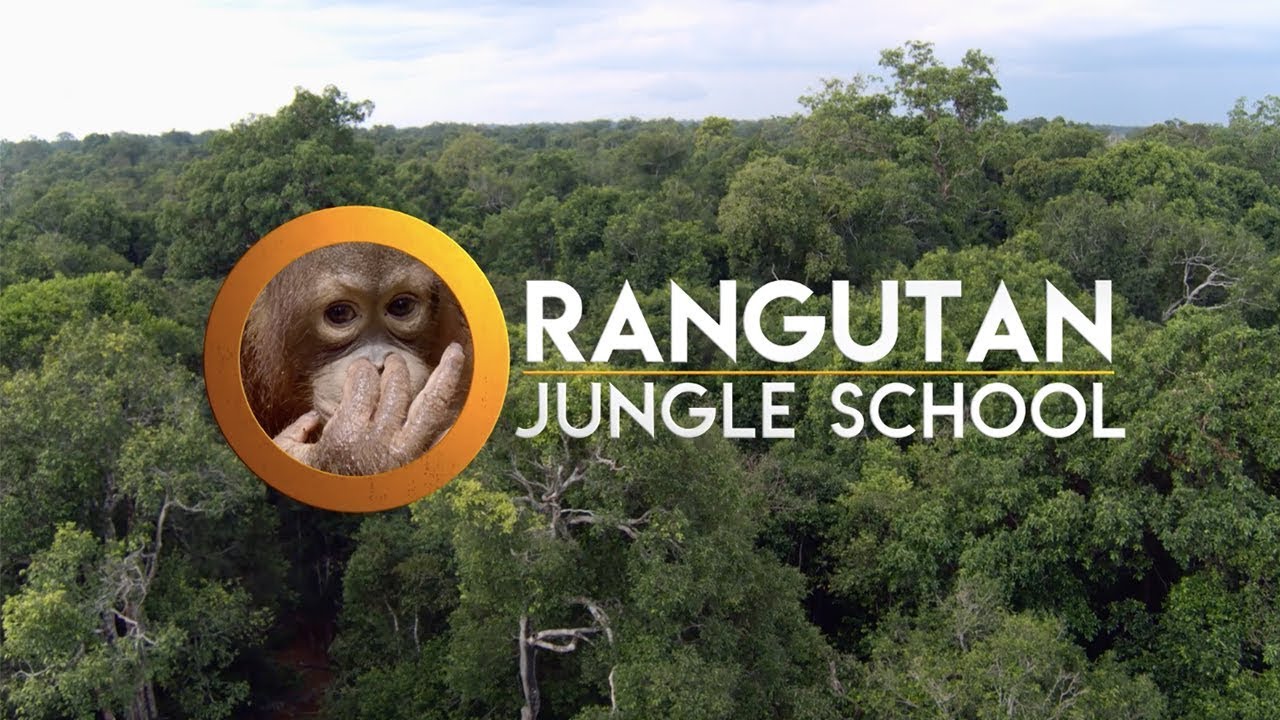
I for many years have helped many humans in need of help and while it has felt rewarding at the time doing good for others - it often leads to disappointment. I have decided to move my focus & time to the Orangutans in Borneo who are constantly suffering from the affects of the deforestation due to the high demand for palm oil which is in a lot of our daily products & food. Orangutan Jungle School exposed the heartbreaking sights of the jungle disappearing & leaving Orangutans with no land & dying from the affects. The fact is, orangutans are in serious trouble. Protecting them requires huge investments of time, money, research, and political will to change the conditions that have made them vulnerable.
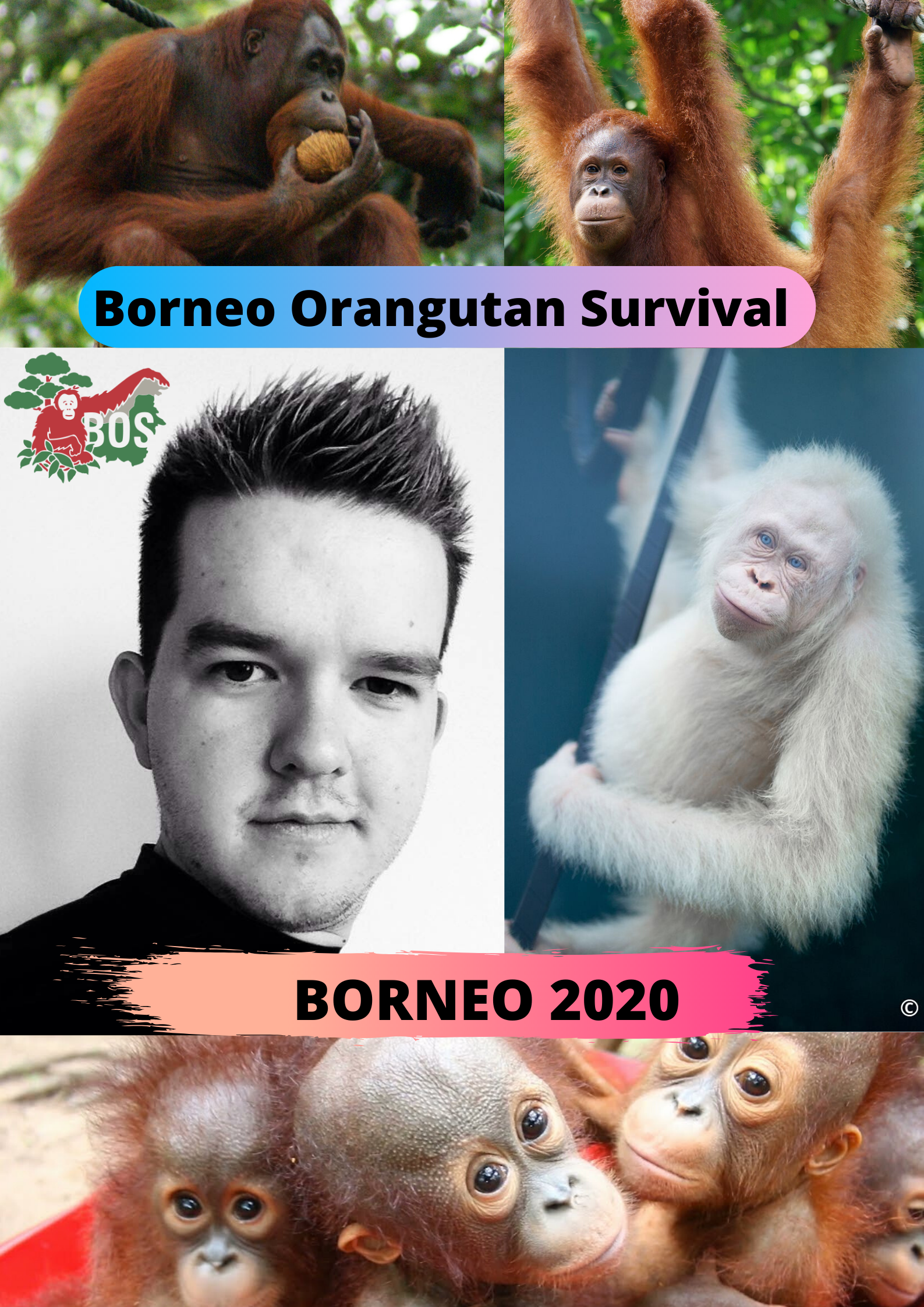
Your donation will help me get into the heart of Borneo & dedicate up to 4 weeks of this year in the Jungle with the Orangutans - assisting the sanctuary helping the Orangutans to be released back into the wild. Baby Orangutans have no basic skills or survival skills due to losing their mothers. This is just one of the many things that the incredible team do - prepare them with the essential skills to be able to survive in the wild.
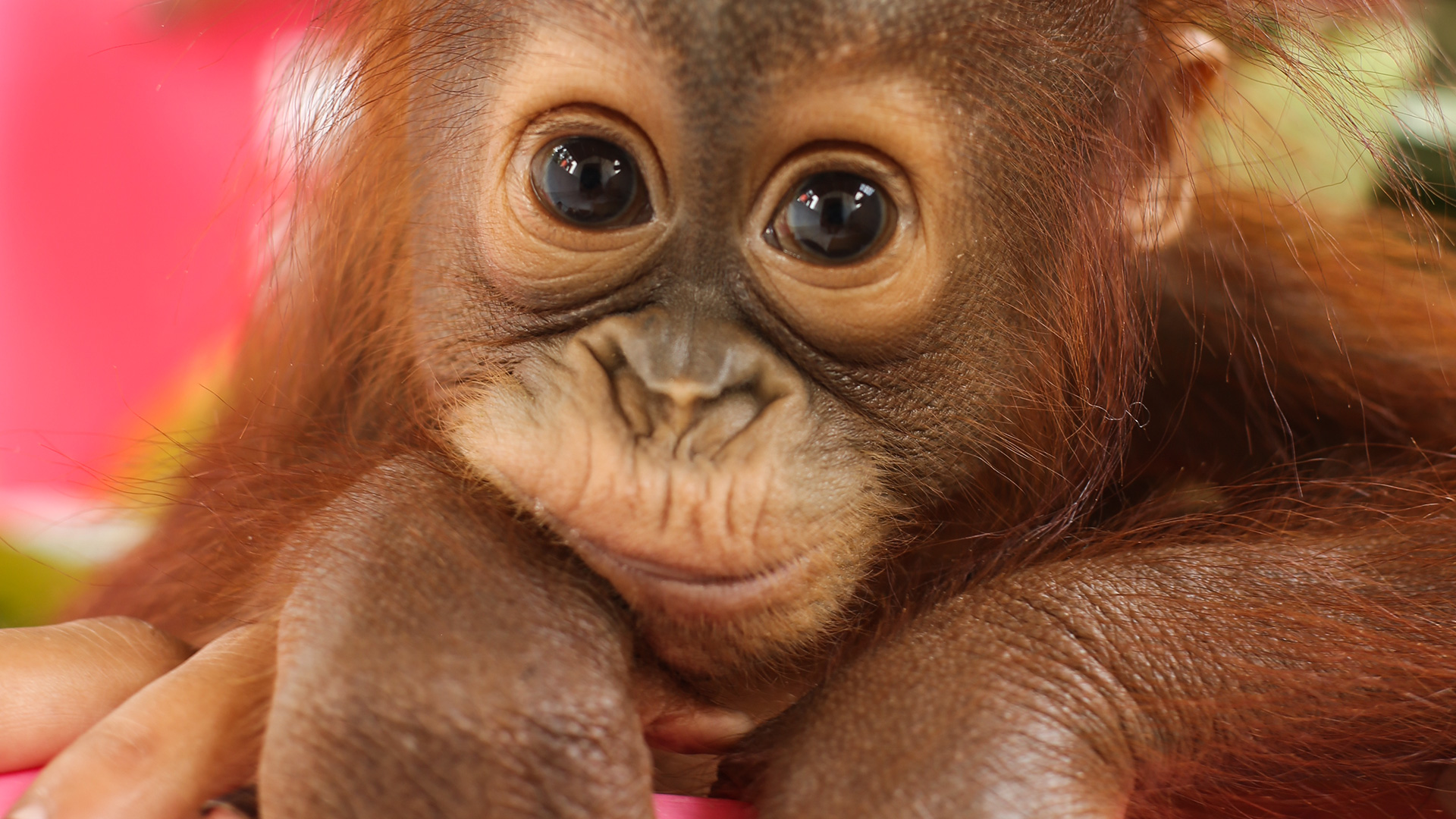
I hope you will support me in supporting the Orangutans. This is about them. Not me. Many of us are guilty in contributing to their plight. Now it's time to give them the help they need.
Even if you cannot donate - please help me share my story.
I will be going to Borneo in August which will coincide with International Orangutan day!
If I happen to go over my target for this year money will be used to purchase every day products for me to bring over which may be expensive or difficult to acquire in Borneo & rolled over to next to year.
**********************************************************************
Where is Borneo?
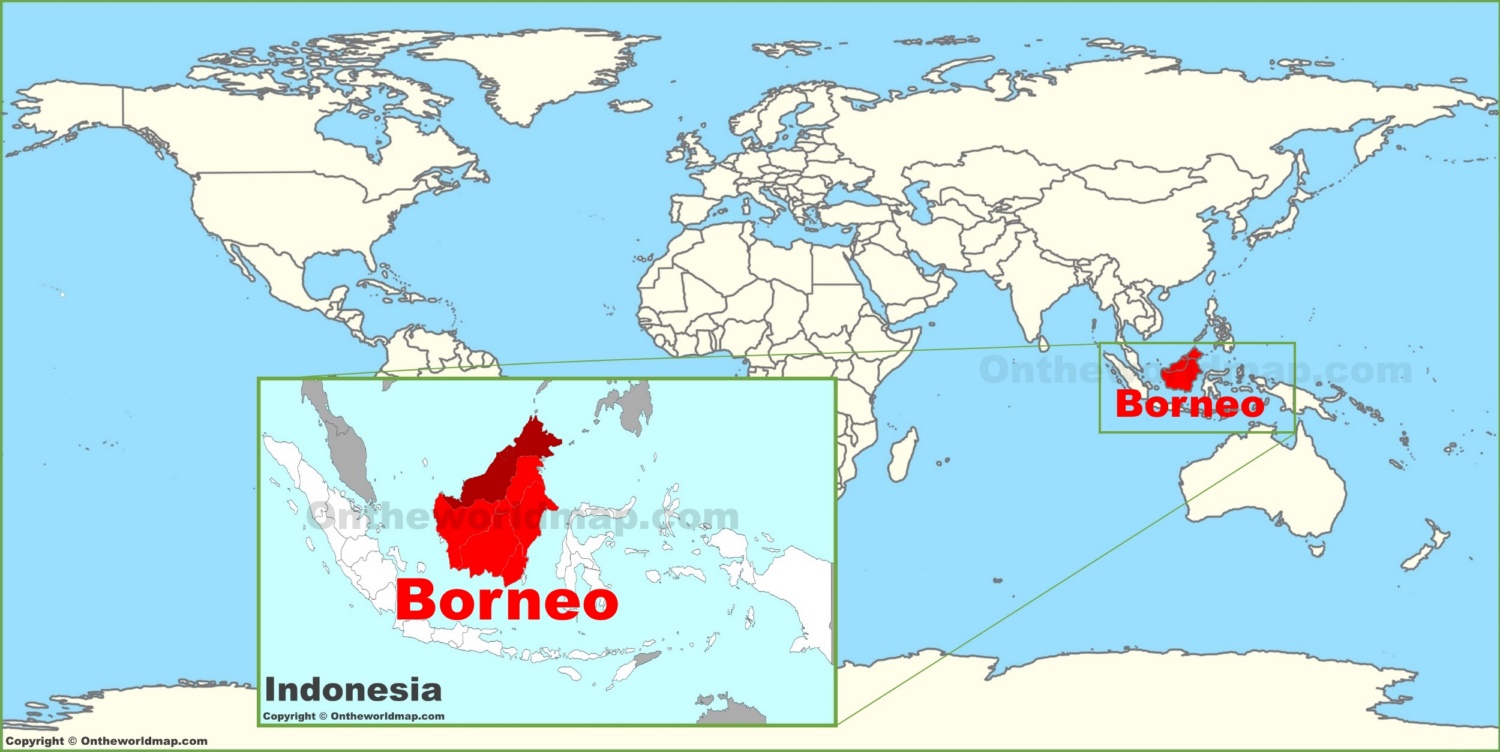
Alba - The only known Albino Orangutan in the world recently released back into the wild in Borneo by the Sanctuary I am supporting.
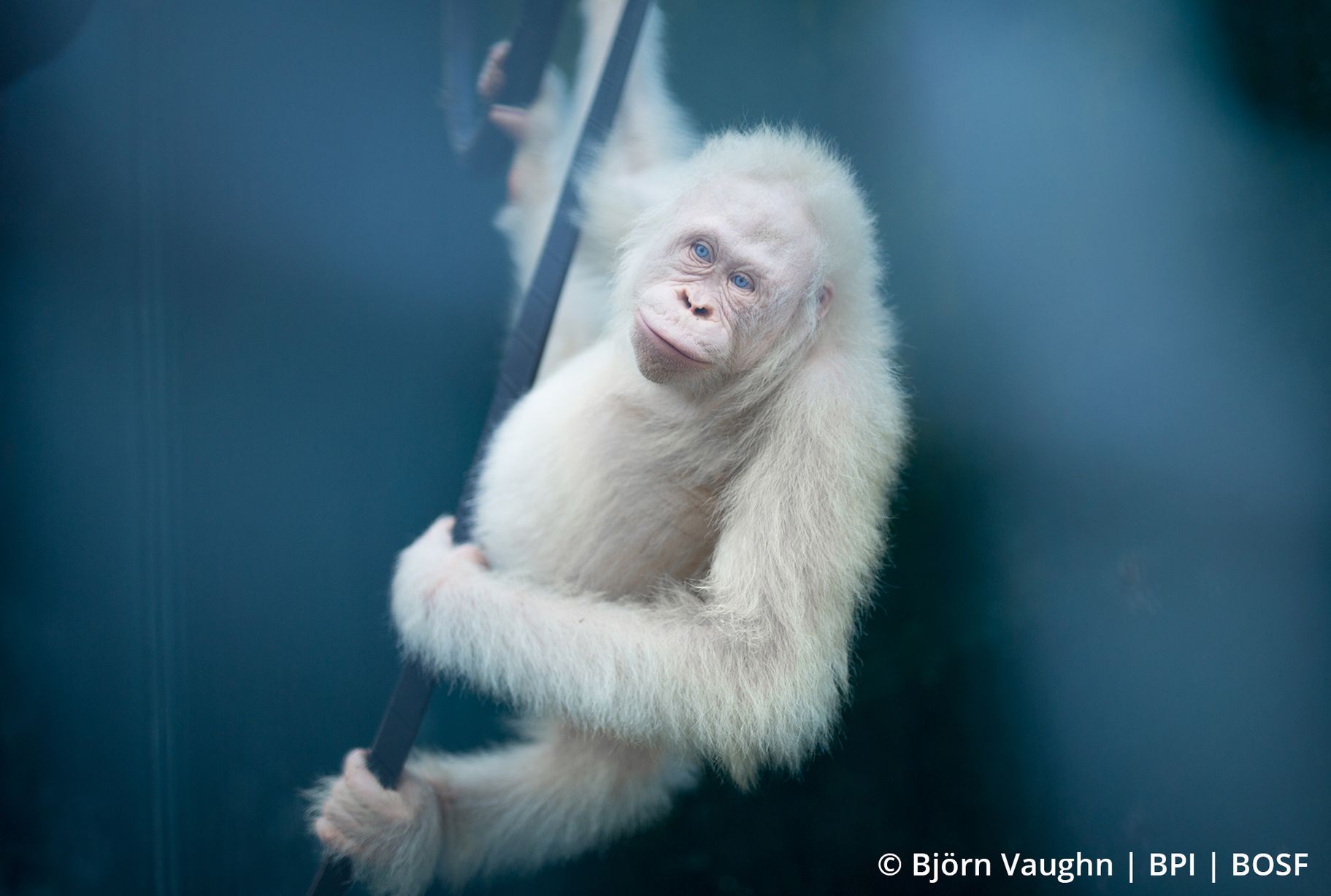
Aerial View of Deforestation which is only getting worse.
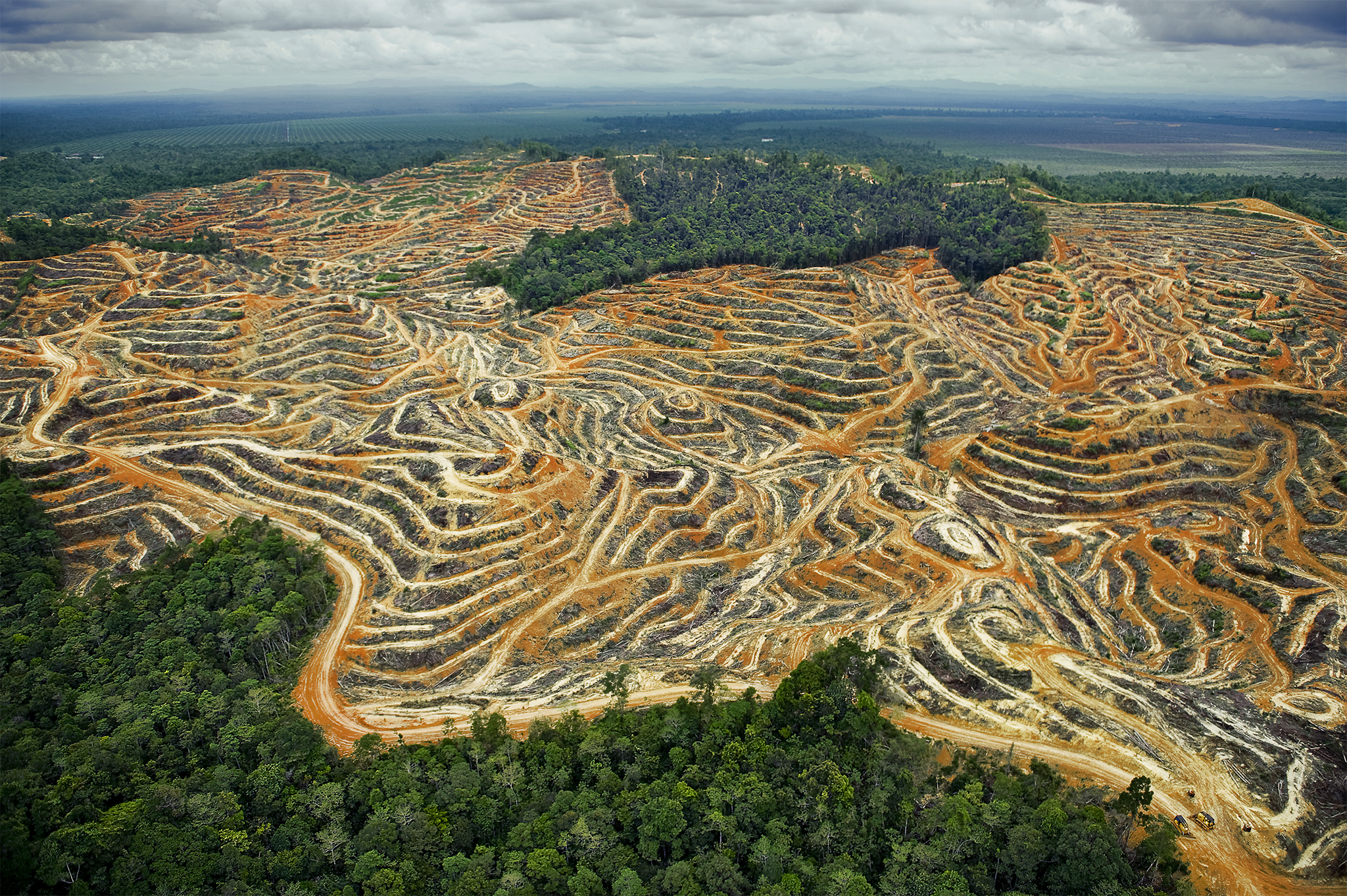
*********************************************************************
Shrinking populations
The World Wildlife Fund (WWF) estimates that there were 230,000 orangutans in the wild a century ago. Today, that number has shrunk by more than a half. Not a coincidence: as OFI reports, they’ve lost 97 percent of their habitat since 1903. “Human activities and development, such as logging, conversion of forest to palm oil plantations, mining, and urban expansion, are the major contributors to the loss of orangutan habitat,” according to OFI.
Species at risk
Until recently, only two species of orangutan were known. There’s the Bornean orangutan (Pongo pygmaeus), which, as its name suggests, is native to Borneo. With 104,700 individuals left in the wild, it’s listed as endangered. And there’s the Sumatran orangutan (Pongo abelii), its habitat now restricted to the northern part of that Indonesian island. With only 7,500 individuals left, it’s listed as critically endangered.
A lot like us
Despite what researchers thought for generations, it could be orangutans, not chimpanzees, that are the closest living relatives to humans, reports National Geographic, sharing at least 28 unique physical characteristics with us, as opposed to only two with chimps and seven with gorillas—physical traits in our teeth, our brains, our mammary glands, and our hair. We also share genetics with orangutans—a 96.4 percent gene similarity, reports WWF.
The importance of forests
“Orangutans are the largest arboreal mammal, spending most of their time in trees,” according to WWF. They nest in the trees where they sleep at night, and during the day lead somewhat solitary existences. They also rely on the fruits of a variety of trees for their sustenance—figs, mangosteens, and lychees. So, a loss to their forest habitats is also a loss of the core components of their diets. And, as major seed distributors themselves, the loss of orangutans also threatens the existence of the forests they inhabit.
Who’s helping, and how?
A Taiwanese law has reduced the importation of orangutans, although WWF maintains that the pet trade remains a threat in Indonesia. Wildlife trade monitoring network TRAFFIC rescues captured orangutans and helps enforce trade restrictions, as does the Human Orangutan Conflict Response Unit in Sumatra. WWF works on the ground to “secure well-managed protected areas and wider forest landscapes to connect sub-populations of orangutans.” And the Wildlife Conservation Society tries to ensure responsible logging in areas where orangutans live.